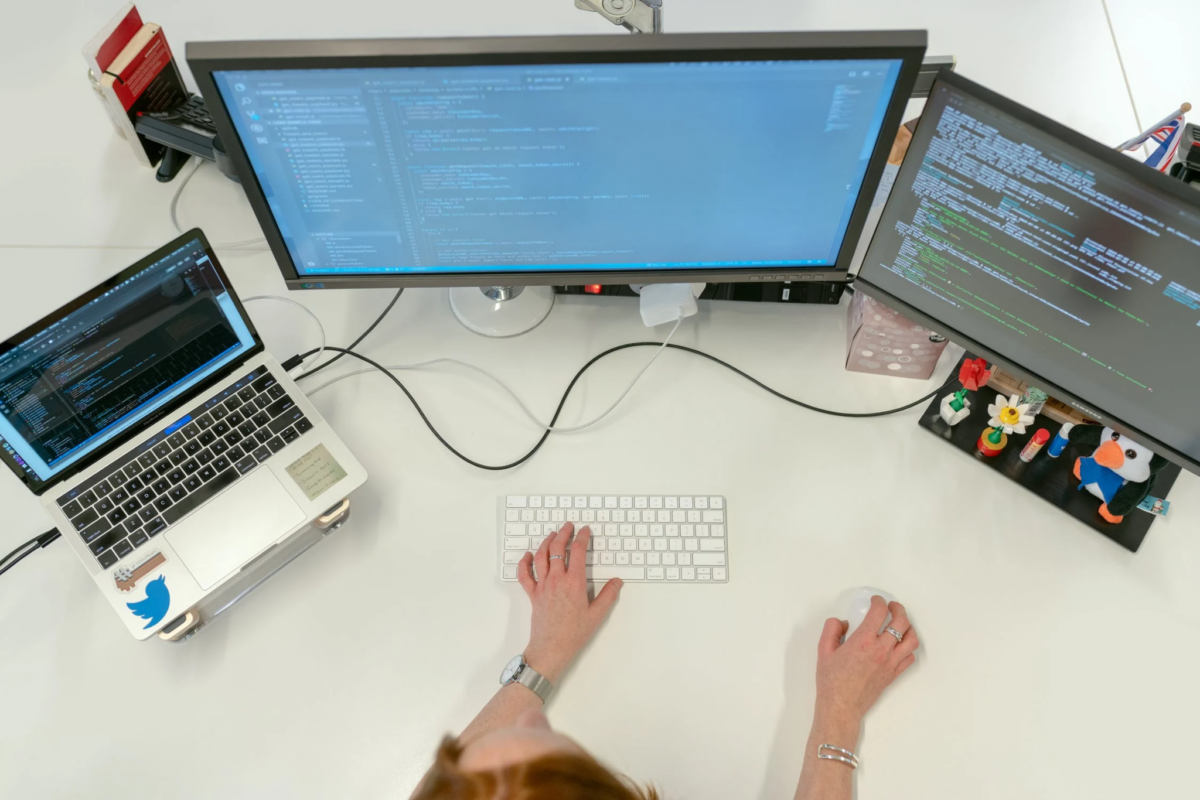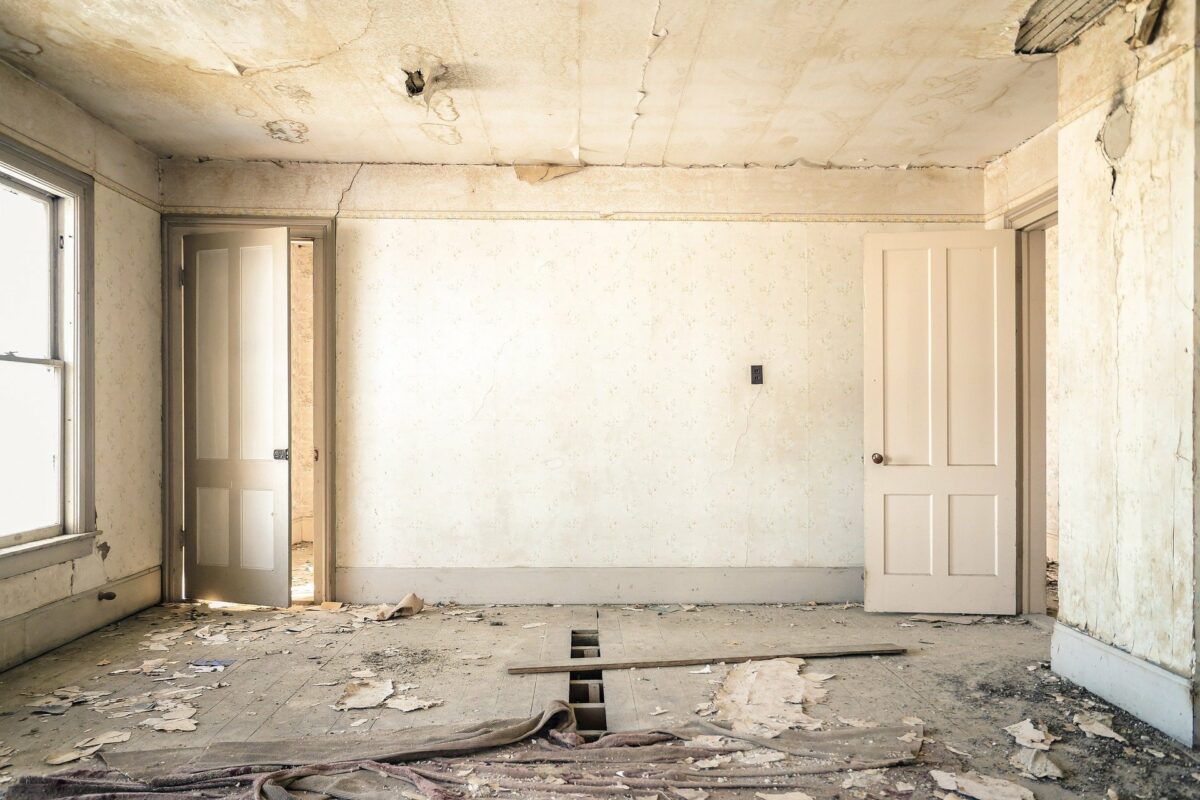However law abiding a citizen you are, it is unlikely that you will never come up against some form of legal problem. If you plan to stay in the Netherlands for a substantial amount of time, chances are you will face a Dutch legal dilemma! Luckily, there are numerous organizations and professionals who can offer you help and advice. Depending on the nature of your problem, the procedure for dealing with it will be different, as will the help you must enlist. We have gone over some of the fundamental types of legal proceedings in Holland, on this page. Please read on to get an idea of which type of professional you need to employ, where you can find them, and how you can pay for their services in NL!
Types of Legal Problem in NL
What kinds of legal problem might you face as an expat in NL? Here are a few examples:
- Your rental agreement could be canceled
- You could be fired from your job
- Your landlord could refuse to make important repairs to your rented property
- You could face problems with the Dutch tax authorities
- You could have issues receiving your benefits
- Repairs to your washing machine may not be carried out properly
- Your divorce could be pending
- You may not have been reimbursed for damages you incurred, following an accident
- We could go on and on!
Because there are so many legal problems that can arise in your day-to-day life, it is important to have an idea of what to expect when you have to deal with them in the Netherlands.
Legal Proceedings in NL
Depending on the nature of your legal problem, it will fall into one of three categories. Each one has its own set of rules and proceedings in NL. Below, we will explain which ones you do, and do not, require legal representation for in court:
1. Civil Law in NL
‘Civil Law’ constitutes legal problems that are to do with:
- Employment law cases
- Cases involving rent law
- Light misdemeanors
- Consumer credit
Legal Representation for Civil Law Cases
If you go to court for a civil law proceeding that concerns an amount of money below € 25,000:
- Your case will be brought before the ‘Subdistrict Sector’ of the ‘District Court‘ in the Netherlands
- You are under no obligation to have legal representation before the subdistrict sector of the District Court
- If you wish, you can choose to represent yourself
- Or, you can opt to let yourself be represented by a person with legal training, such as a ‘Process-server’. We will explain the role of a process server in a little more detail later
In all other Civil Law cases:
- Legal representation is mandatory before the District Court, the Dutch ‘Court of Appeals’ and the ‘Netherlands Supreme Court‘
- That is, with the exception of administrative law cases
- If you have not arranged any legal representation for yourself, the magistrates will not accept your case
2. Administrative Law in NL
Administrative Law will be applied to the following kinds of legal problems in the Netherlands:
- All types of Governmental decision
- Issues to do with building permits
- Matters related to benefit payments in NL
Legal Representation for Administrative Law Cases
If you go to court over an administrative law case in the Netherlands:
- You are not obligated to have a lawyer
- You may represent yourself in court
- If your legal problem is complex in nature, however, we recommend that you consult an expert
- A lawyer will be able to offer you the best advice on a complicated administrative legal problem
3. Criminal Law in NL
- In principle, you are not required to have legal representation for a criminal law case in NL
- You, as a defendant, may defend yourself
- However, if you are taken into custody, you will automatically be assigned a lawyer
- Still, you are free to change lawyers if you wish
- If you face criminal charges, but are not taken into custody, you can consult a lawyer if you wish to
 Side Note
Side Note
Summary Proceedings in NL
Summary Proceedings are applied to law cases that need to be resolved promptly. That is to say, the usual lengthier court proceedings will be ‘summarized’ to save time:
- If you initiate a summary proceeding in NL, you must use a lawyer
- If you are a defendant in such a proceeding, you are not obligated to employ the services of a lawyer
Lawyers in NL
 According to the code of conduct all Dutch lawyers are bound to abide by, 'no cure, no pay' policies are not permitted
According to the code of conduct all Dutch lawyers are bound to abide by, 'no cure, no pay' policies are not permitted
If you can find a way to cover the costs, it is wise to seek professional advice and/or representation, to resolve your legal problem in Holland. This is especially advisable if the other party has already done so. We recommend the following course of action:
- If you do not qualify for subsidized legal aid, try to find yourself a lawyer
- Most lawyers specialize in certain types of cases, or legal areas, in NL
- For a recommendation about which lawyer would best fit your budget and your legal problem, approach the Netherlands Bar Association
- Or, you could turn to any other organization to which lawyers in the Netherlands belong
- Equally, the ‘Dutch Legal counter’ can sometimes give you a recommendation for a particular lawyer in NL. We will go into further detail about the Dutch legal counter later on this page
Choosing the Right Lawyer in NL
With so many lawyers to choose from, all of whom charge different fees for their services, how do you find a good one for a good price?
- Many lawyers offer free introductory consultations in NL
- This initial consultation will last about thirty minutes
- We highly recommend that you attend several of these preliminary consultations, before agreeing to work with any one lawyer
- During your first meeting, the lawyer will examine your legal problem
- They will advise you on the steps they believe you should take
- This is the time to assess whether or not they seem professional and helpful
Lawyers’ Fees in the Netherlands
As we said earlier, in Holland there is no such thing as a ‘flat rate’ for lawyers’ services. How much your lawyer will charge you, will depend on:
- Which law office they belong to
- The type of case they are taking on
So, how can you make sure that your lawyer is asking for a fair price in NL?
- Take the trouble to inquire at several law offices
- When you attend your initial consultation, ask what their hourly rate is for your type of case
- Ask about the amount of time the lawyer expects to dedicate to your case too
- Before you attend an initial consultation, be sure to ask whether or not it is free. Some lawyers do charge for their first meeting!
Mediators in NL
‘Mediation’ is a way of settling a legal dispute between two parties, with the help of an impartial third party. Mediation first entered onto the ‘conflict scene’ as a means of resolving divorce cases as peacefully as possible in Holland. Today, it is rapidly gaining popularity as a method of resolving legal problems related to other areas, such as:
- Commercial law (including ‘business mediation’)
- Family law
- Labor law
- Inheritance law
- Administrative law
Why Choose Mediation?
- Mediation could save you both time and money
- It is more likely to result in a solution that is a viable compromise, reached by both parties involved in the case
- For many people, this is a preferable alternative to leaving the outcome of their trial up to the discretion of an emotionally distant judge
When to Resort to Mediation
- You and/or your opposing party can make the decision together, before court hearings begin
- Equally, it is not too late to enlist the help of a mediator once court proceedings have commenced
- If you would like professional advise on whether using a mediator would be beneficial for your situation, you can ask the judge to discuss this with you
Mediators’ Fees in NL
Unfortunately, as with lawyers in NL, ‘no cure, no pay’ does not apply if you enlist the help of a mediator. This means that:
- If your mediator fails to achieve the outcome you had hoped for, you will still have to pay them their full fees
- You will also have to reimburse your mediator for any expenses he or she may have incurred under your employ
This might sound very expensive and unreasonable. However, mediation may still be your best option:
- Some mediators will not charge you for the first 2.5 hours of consultation time
- The total costs for mediation in NL will almost always be considerably less than what you would end up paying in legal fees, if your case went to court
- In principle, both parties involved in mediation should share the expenses equally
- Still, you are permitted to choose how you allocate the costs between you
- In many cases, a mediator can also request legal aid on your behalf
- If they do this, your mediation expenses will be subsidized
Financial Assistance for Legal Problems in NL
Legal Aid in NL
The fees that accompany legal problems are a huge financial strain on many people in the Netherlands. Often, those who are facing legal proceedings, or are about to initiate them, can cover only some, or none, of the costs. Luckily, if you are in this plight, help might be available to you in Holland. Here are the steps you should take:
- Ask your lawyer to request ‘government-financed legal aid‘
- In Dutch, this is called ‘toevoeging‘
- Whether or not you will be granted legal aid depends mostly on your financial means, along with a few other factors
How Legal Aid Works in NL
Whilst Dutch legal aid is a fantastic service, it will not completely relieve your financial burden. If you do qualify to receive Dutch legal aid, here is what you should expect:
- The Dutch government will pay part of your legal fees for you
- Dutch legal aid will cover your lawyer’s fees
- It can also be used to help cover the costs of mediation
- You will have to cover other expenses yourself. These may include: court registry fees, extract fees and process server expenses
- It is important to be aware that Dutch legal aid will not usually cover all of your expenses
- The income limits we refer to above are regularly adjusted
Covering your own Legal Fees in NL
If your income is high, or you have sufficient financial means, you may not qualify for government-financed legal aid. In this case:
- You must pay your legal fees yourself
- You can, however, take out legal aid insurance
- This can help you to cover your lawyers’ fees
- If you decide to go down the legal aid insurance route, beware! There could be a first risk clause
Interpreters in NL
As an expat, there is a good chance that an interpreter will be used during your court case. The Dutch courts make use of interpreters for:
- Criminal law proceedings
- Police hearings
- When asylum seekers are involved in court proceedings
If the court requests the assistance of an interpreter:
- The costs are, in principle, carried by the state
- Or, they might be born by the party who is ordered to pay for the civil case
Equally, if you do not speak Dutch, you may need to illicit the services of an interpreter yourself:
- You can request the assistance of an interpreter yourself, in any type of Dutch court case
- If you need help from a translator or an interpreter, ask your legal aid agency where you can find one
- You should also enquire as to how much they will charge
- Beware: price and quality do not always go hand in hand when it comes to Dutch interpreters, so try to do as much research as possible
Advice on Legal Problems in NL
How do you go about sourcing professional, reliable advice on your legal problems in the Netherlands? You have several options, which we have listed below:
1. The Legal Counter in NL
In Dutch, the ‘legal counter’ is referred to as the ‘Juridisch Loket’ . It is set up to provide free legal information and advice on matters like:
- Employment issues
- Family issues
- Social security and benefits
- Rent and housing law
- Alien affairs
- Consumer Issues: Problems regarding products bought, or services rendered
- Criminal law
- Problems with neighbors
- Permits and driver’s licenses
If you require legal assistance personally, the Juridisch Loket can:
- Recommend an appropriate and approved lawyer or mediator
- Inform you on whether you qualify for subsidized legal aid, to cover the costs of your lawyer or mediator
2. Legal Aid Bureaus in NL
‘Legal aid bureaus’ can be found throughout the Netherlands:
- Information about them can be sourced through an organization called the ‘Raad voor Rechtsbijstand‘
- In English, this translates as ‘Legal aid council’. It is often referred to as the ‘RVR’
- Contact them for further information on where to source subsidized legal aid, in NL
3. Municipal Counsellors in NL
In Dutch, Municipal Counsellors are called ‘Sociaal Raadslieden‘. They can provide you with further legal advice, and aid:
- Many Dutch municipalities employ municipal counsellors
- To find out whether you could enlist the help of a municipal counsellor, contact your municipality
What do Municipal Counsellors do in NL?
Municipal counsellors work for Dutch municipalities, and can answer questions regarding legal problems related to:
- Social security
- Taxes
- Legislation
- Regulations
- Governmental institutions
They can also help you to:
- Write letters related to your legal issue
- Draw up notices of objection
- Mediate on your behalf, free of charge
4. Process Servers in the Netherlands
A ‘Process-server‘ is another kind of legal aid professional. A process-server can offer you help with your legal problems in NL. They are trained in efficiently:
- Collecting debts of up to € 25,000 on your behalf
- Answering and advising you on legal matters related to finance
- Assisting you with civil law cases in NL
5. Unions in the Netherlands
Every Union in the Netherlands has a legal department. You can use it for help with your legal problems in the following ways:
- You can contact your local union for legal information and advice, if you are a union member
- Your union will be able to offer you assistance with employment law cases
- They will also be able to help you with social security cases
- Union services are provided free of charge, if you are a member
 Side Note
Side Note
Other Dutch Legal Aid Organizations
There are a number of other organizations, which act as sources of legal aid and advice in Holland. In order to benefit from their services, you will need to be an official member. Here are a few examples:
- In Dutch, the Consumer Association is called the ‘Consumentenbond‘
- This association offers advice on consumer issues in NL
- Consumer issues constitute matters like the renting or buying of products and/or services
- They do not offer legal-procedural aid
- However, they can mediate in conflicts with manufacturers, or others who provide services
2. ANWB
- ANWB stands for ‘Algemene Nederlandsche Wielrijders-Bond‘
- This translates literally as the ‘General Dutch Cyclists Association‘, and it is referred to as the ‘Royal Dutch Touring Club’ in English
- Members of the ANWB are given free legal advice on issues regarding transportation, recreation and tourism in NL
- If the legal advice you require pertains to a traffic accident, you do not have to be a member of the ANWB in order to receive assistance
- The ANWB offers its members full legal aid if they have an accident abroad
The ‘Vereniging Eigen Huis‘ is the Dutch ‘Homeowners’ Association’
- Vereniging Eigen Huis offers its members advice on issues involving home ownership
- These issues might be related to the financial, building and legal aspects of homeownership in Holland

The Holland Handbook 2024
It is that time of year again; the new and annually-updated version of The ...

Dutch Taxes
Taxes are always complicated. If you have moved to the Netherlands from another country they ...

The UnDutchables 9.0
Following the legendary previous eight editions of The UnDutchables, the 9th edition of this all ...

Making the most of your Dutch home
Whether you are renting, staying in a long-term AirBNB or have just bought a ...

Gift giving in the Netherlands-all ...
If you feel like skipping your birthday, you may be in for a challenge when ...

10 things you will find in every Du ...
The Dutch are very fond of houseplants, the more the merrier! You will find the ...

Obtaining a Mortgage as an Expat in ...
Obtaining a mortgage as an expat in the Netherlands can be a complex process, as ...

Help me move to the Netherlands!
Obviously, the decision to move to the Netherlands is not one to be taken lightly ...

The Impact of Technology on Educati ...
Education is unending and pivotal in society. Technology is one of the most dynamic entities ...

Five Renovation Tips to Increase yo ...
Learn how much home renovations cost – and which repairs increase the home value, and which ...
 Useful links
Useful links